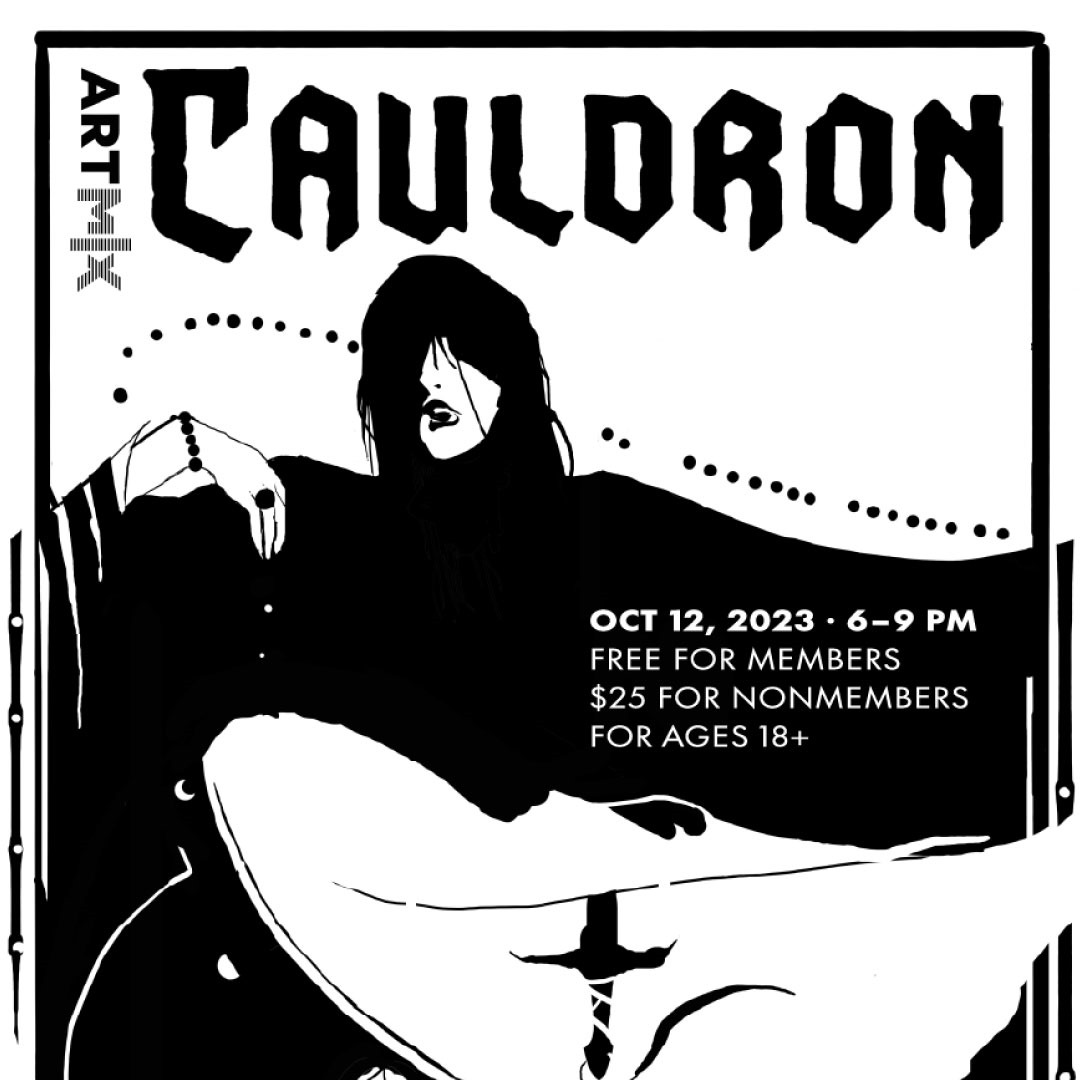WHEN IT’S NOT A CLUTTER , BUT YOUR PEACE AT STAKE

Does the key in the front door, or walking past a closed door, bring on anxiety, depression, or even disgust? Does the thought of guests visiting your home fill you with fear of judgment? When you’re faced with piles of clutter or a disorganized space in what should be a place of rejuvenation, and it brings up these feelings, maybe—just maybe—it’s time to address the underlying issues.
Whether it’s from a failed marriage, overshopping, or managing the belongings of a deceased loved one, living in an unorganized space can reflect unresolved emotional issues. Your home should reflect your unique style, memories, and function. It should be a place where new memories are created and shared. It’s easy to shut the door and pretend it’s not there, to look away and save it for another day. Who wants to face the pain, memories, or unfulfilled hopes these items represent?
When I begin helping my clients with this task, embarrassment is often the emotional elephant in the room. Taking a moment to acknowledge the humanness of clutter and recognizing the vulnerability and bravery of allowing someone to walk with you through the tangible items of grief, regret, and shame is the first step. Once a safe, trusting space of understanding and compassion is established, clients can open up and realize it’s time to create a home of peace. Like the stages of grief, it’s a process, and the pace is different for everyone. Setting realistic short- and long-term goals is helpful. Is clearing just the surface of a table the goal? Or is it time to let go of your exspouse’s belongings? It’s okay to hold on to what others see as garbage, as long as there’s clarity about your motives. Tears and laughter are also part of the process! Telling the story of each item reveals whether it should be displayed, used, sold, stored, donated, or discarded.
Finally removing your ex-spouse’s belongings opens the door to new love, as those tangible items no longer hold significance. Displaying a parent’s treasured knick-knacks can honor their memory and bring moments of reflection. Seeing mounds of excess purchases offers an opportunity to assess how much money was spent in vain. While financial loss may not be fully recouped, you now have clarity about what you own and whether new items are needed. Once the process gains momentum, you feel relief. There’s a light at the end of the tunnel, and knowing you’re not alone is empowering. Reclaiming valuable space, even if it’s just the kitchen table, is invigorating! In short order, you feel empowered by letting go and truly honoring what you keep. It becomes a testament to a new chapter, free from the ghosts of the past.
Your house then becomes a home, reflecting a healthier version of you—accepting the past, living in the present, and making room for the future.







